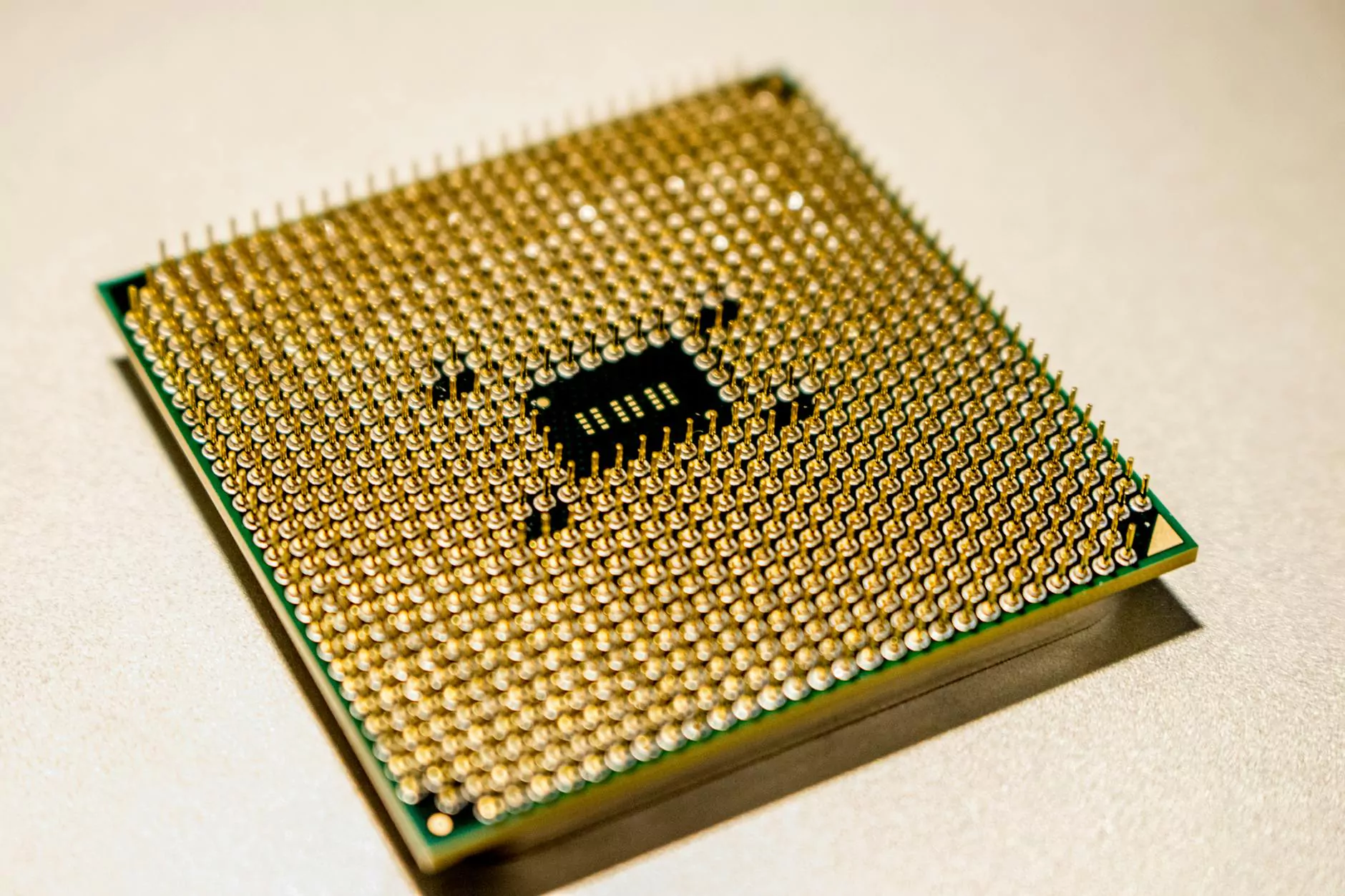The Importance of Non Magnetic Tools in Health & Medical Practices

In today's health and medical industry, precision and safety are paramount. One critical aspect that has gained attention is the use of non magnetic tools. These tools are designed to enhance medical procedures while minimizing risks, particularly in environments where magnetic fields could pose hazards. In this article, we will delve into the significance of non magnetic tools across various medical settings.
What Are Non Magnetic Tools?
Non magnetic tools are instruments specifically manufactured to resist magnetism. They are typically made from materials like stainless steel, aluminum, or titanium, which do not interfere with magnetic fields. This characteristic is particularly important in medical centers, where the use of magnetic resonance imaging (MRI) is prevalent.
Characteristics of Non Magnetic Tools
- Material Composition: Non magnetic tools are often constructed from corrosion-resistant materials that are both durable and lightweight.
- Safety First: These tools prevent any disturbances in sensitive medical environments, ensuring patient safety.
- Precision Engineering: Designed for optimal performance, non magnetic tools guarantee accuracy in medical procedures.
Applications of Non Magnetic Tools in Medical Settings
Non magnetic tools find various applications within medical centers and diagnostic services, including:
Surgical Procedures
In surgery, the use of non magnetic tools is crucial. Surgical instruments like scalpels, forceps, and scissors made from non magnetic materials ensure that no interference occurs during MRI scans after the surgery, preventing complications.
Diagnostic Imaging
In diagnostic services, non magnetic tools are utilized during imaging procedures. For instance, MRI machines are sensitive to magnetic fields, so using non magnetic instruments during the imaging process is essential for accurate diagnosis.
Patient Monitoring
Many patient monitoring devices also incorporate non magnetic materials. For instance, certain ECG leads and other monitoring tools must avoid magnetic material to function correctly and provide accurate data without querying any external interference.
Benefits of Using Non Magnetic Tools
Employing non magnetic tools offers several benefits that enhance patient care and operational efficiency:
- Enhanced Safety: Reduces the risk of accidents related to magnetic interference during sensitive medical procedures.
- Improved Accuracy: Tools designed to remain stable within magnetic fields lead to more precise diagnostics and surgical outcomes.
- Durability: Many non magnetic materials, like titanium, are known for their strength and corrosion resistance, ensuring that tools last longer and require less frequent replacement.
Choosing the Right Non Magnetic Tools
When selecting the right non magnetic tools for your medical practice, consider the following factors:
Quality and Certification
Ensure that the tools are certified and meet the required health regulations. High-quality tools will deliver better performance and reliability.
Functionality and Design
The design of the tools should align with their intended use. Ergonomically designed instruments can reduce fatigue and increase efficiency during procedures.
Supplier Reputation
Opt for suppliers who specialize in medical instruments and have a proven track record of providing non magnetic tools that meet industry standards.
Future Trends in Non Magnetic Tools
The future of non magnetic tools in health and medical practices looks promising. With advancements in technology and material science, we can expect:
Innovative Materials
Research into new composites and materials will further enhance the capabilities of non magnetic tools, making them lighter, stronger, and more versatile.
Smart Technology Integration
With the rise of smart health technology, non magnetic tools may integrate with digital systems for real-time monitoring and data analysis, leading to improved patient outcomes.
Training and Awareness
As the use of non magnetic tools becomes more prevalent, training healthcare professionals on their benefits, applications, and maintenance will be essential.
Conclusion
In conclusion, non magnetic tools play a pivotal role in enhancing safety, accuracy, and efficiency in the medical field. Their unique properties make them indispensable in surgical procedures, diagnostic imaging, and patient monitoring. As the healthcare industry continues to innovate, investing in high-quality non magnetic tools will contribute to better patient outcomes and the overall effectiveness of medical practices. Embrace the future of medicine with non magnetic tools that prioritize patient safety and precision.









